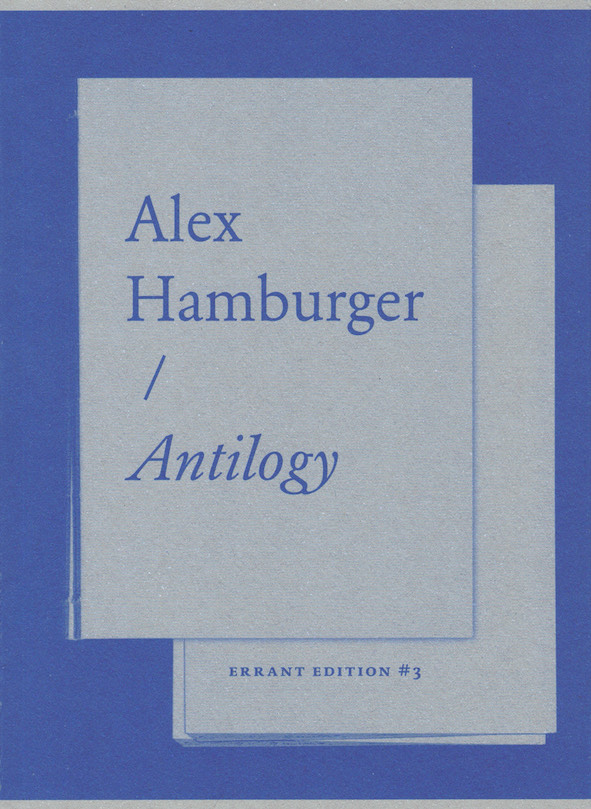
Fleurs du Mal
Charles Baudelaire, Antoine D'Agata
For Charles Baudelaire, the photographic medium is not an art but a technical means of representing reality. As a counterpoint to Baudelaire, Antoine d’Agata reworks his own photographs through digital intervention to return to engraving, as if to go from the pixel to the line of the time. He pushes photography to its limits, discarding the medium to return to the raw. Baudelaire’s texts thus enter into dialogue with photographs that have become engravings through wear and tear and manipulation, where the bodies blend together to give way to the poetry of the body.
The work is based on the original uncensored edition of Baudelaire’s collection accompanied by these engraved prints by d’Agata. Present and past are superimposed. Like a game of transparency that will present the frame of an image on the cover. In this work Fleurs du Mal, Baudelaire is a stroller, a spectator of the world around him, of urban transformations, while d’Agata embodies photography, life and reappropriates the space of the city by the gesture.
Two personalities meet on the occasion of the 200 years of the birth of Charles Baudelaire. Two artists who could have meet each other, debated, confronted each other. For d’Agata, Baudelaire leaves a legacy that must be pushed to extend its own reflection.
The artist intervenes on the edge of Baudelaire’s poems with personal reflections and quotations from his favorite thinkers, descendants of Baudelaire’s thought: Walter Benjamin, Guy Debord or Georges Bataille.
Affixed vertically to the poems, these handwritten interventions assert themselves while leaving the original text its own space. A second sense of reading is thus offered to the reader between Baudelaire’s text and the interpretation given by d’Agata through the words as much as through the engravings.







